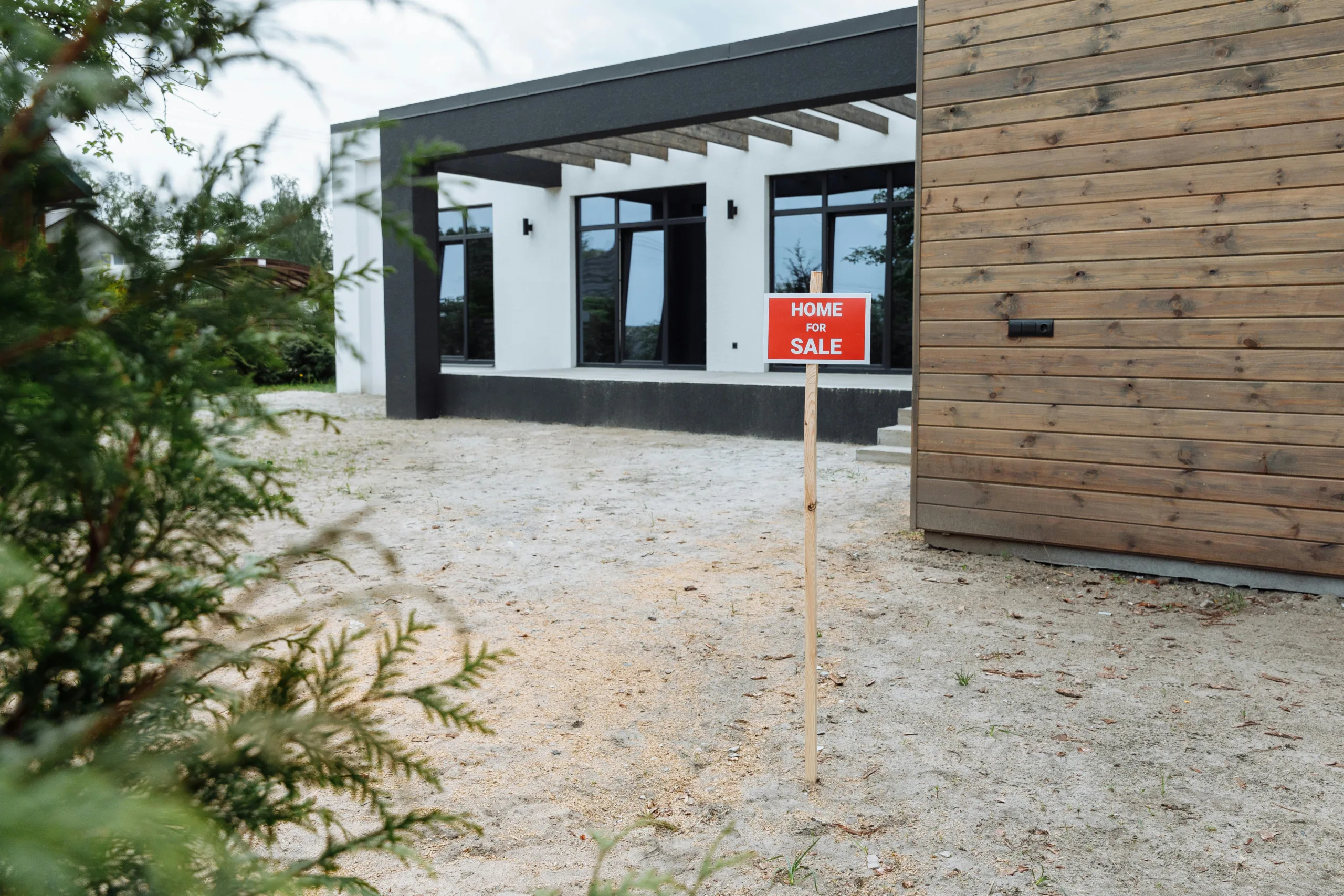- Treasury Secretary Scott Bessent said the Trump administration may declare a national housing emergency this fall to combat rising prices and limited housing supply.
- New measures will aim to simplify permitting processes and standardize construction, with the goal of increasing housing production and lowering costs.
- Bessent expects a boost in home sales once interest rates decline, unlocking supply from homeowners currently locked into low mortgage rates.
- The administration’s affordability push comes amid mounting concern over housing costs, a key issue for many Americans heading into 2026.
A Growing Crisis
According to Reuters, speaking from Arlington, Virginia on Labor Day, US Treasury Secretary Scott Bessent told Reuters that the Trump administration is preparing to take “all hands on deck” action to confront the housing affordability crisis. Among the tools under consideration: declaring a national housing emergency—a move that could unlock federal resources and regulatory flexibilities to address housing challenges.
The Strategy
While the administration has not yet finalized its proposals, Bessent previewed several directions:
- Permitting reforms: The administration is exploring ways to streamline the permitting process, which has been a long-standing obstacle to new construction.
- Construction standardization: Efforts are underway to encourage more uniform building standards, which could reduce costs and accelerate development timelines.
- Focus on affordability: Echoing Trump’s push to reduce prescription drug costs, Bessent said housing affordability will be a major policy priority.
Get Smarter about what matters in CRE
Stay ahead of trends in commercial real estate with CRE Daily – the free newsletter delivering everything you need to start your day in just 5-minutes
Market Signals
Despite still-high costs, Bessent pointed to falling rents as a positive sign, especially for renters not yet on the property ladder. He also predicted an eventual surge in real estate transactions once the Federal Reserve eases interest rates.
Many homeowners remain “locked in” to ultra-low mortgage rates from previous years, limiting inventory. Lower borrowing costs could motivate these owners to reenter the market, improving supply-side dynamics.
Why It Matters
The US housing market has borne the brunt of the Federal Reserve’s high interest rate policy. New federal measures could alleviate pressure in both the rental and ownership markets. For the Trump administration, action on housing may also offer political upside as the 2026 midterms loom and housing remains a top voter concern.
What’s Next
More details are expected in the coming weeks, but the potential for a national emergency declaration marks a significant shift in federal posture. If declared, it would be among the first housing-focused emergencies of its kind and could signal broader changes to US housing policy in 2025 and beyond.


















